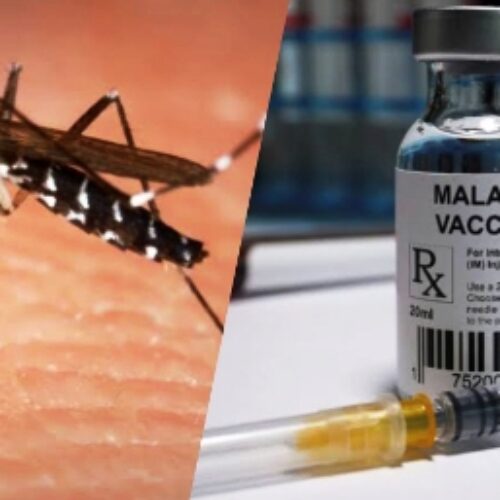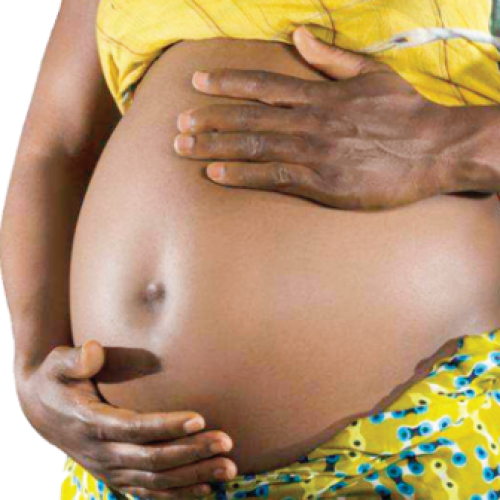NCDC cautions against health hazards associated with flooding
The Nigeria Centre for Disease Control, NCDC, says Nigerians should resist some habits that might result in health hazards during flooding, as rains continue to pound some cities across Nigeria.
In a statement during the weekend, the organization said there are possibilities of diseases such as cholera, dysentery, typhoid fever, among others, occurring in view of the reported flooding in some states across the country, including warnings from the Nigerian Meteorological Agency (NIMET) and the Nigerian Hydrological Servives Agency (NIHSA).
NCDC expressed worry over flooding in some parts of the country saying it “is an event of public health interest due to the resultant outcomes of mortality, morbidity, displacement, loss of property and livelihood. In addition, there is an increased risk of contamination of water supply, and contact with contaminated food which supports the transmission of infectious diseases and can lead to outbreaks. Flood also provides breeding ground for disease vectors.”
The agency said people in the country should not use dirty water for washing, brushing teeth, or for preparing food. It urged people across communities in the country to ensure chlorination of public source of water supply; ensure proper disposal of waste and clearing of sewage; wash hands frequently with soap and clean water; discard all medicines, food and water contaminated by flood water.
Besides, the agency said in homes, people should ensure water is well boiled before drinking, avoid open defecation and indiscriminate refuse dumping; avoid mosquito bites, use insecticide treated nets; and ensure they eat safe foods.
“If you experience sudden fever or diarrhoea, please visit a health care facility immediately; health workers should observe universal care precautions at all times.”
NCDC stressed that “Since the beginning of July 2017, Nigeria has experienced flooding in 16 states. This has resulted in destruction of properties, injuries, and deaths. The Nigeria Hydrological Services Agency (NIHSA) is constantly monitoring the situation by issuing regular flood alerts. This year’s Annual Flood Outlook has determined that about 30 states and 100 local government areas are deemed to be high flood risk areas.
“To reduce the spread of infectious diseases such as cholera, dysentery, typhoid fever and poliomyelitis; and vector-borne diseases such as malaria and yellow fever during flooding, the Nigeria Centre for Disease Control advises that (the above-mentioned) precautionary measures should be taken.”
About author
You might also like
HEWAN congratulates Pate, New GAVI CEO
The Health Writers’ Association of Nigeria (HEWAN) has congratulated Dr. Muhammad Ali Pate on his appointment as the new Chief Executive Officer (CEO) of Gavi. Gavi, the Vaccine Alliance on February
At last, Africa to begin vaccination against malaria as Gavi opens applications for vaccine roll-out support
All is set for the world’s first-ever mass vaccination against malaria as the Global Alliance for Vaccine And Immunization (GAVI) opens a process for countries to apply for funding and
Why more women go for caesarean deliveries – Gynaecologist
AN Obstetrician and Gynaecologist, Dr Olawale Oba, says low acceptance of instrumental delivery techniques often leads to the increase of caesarean section. Oba, a Senior Registrar at the Department of








0 Comments
No Comments Yet!
You can be first to comment this post!